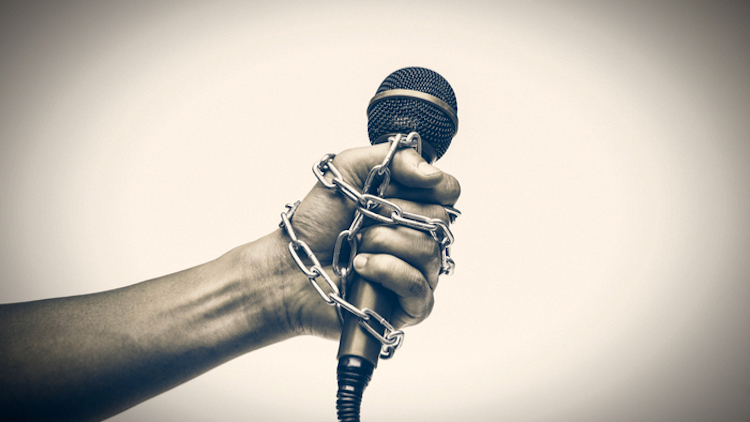Gambiaj.com – (BANJUL) – The Gambia’s press freedom ranking has dropped by 12 places, from 46th out of 180 in 2023 to 58th out of 180 in 2024, according to the annual Reporters Without Borders (RSF) publication on World Press Freedom Day.
The purpose of the day is to serve as a reminder to government agencies that their positive contributions and dedication to press freedom must be upheld. Media practitioners also make use of the day to remember good achievements and events concerning legislation that severely restricts their profession, attacks on the press, and problems that impact journalists.
In a news release, Modou S. Joof, the Secretary General of the Gambia Press Union (GPU), stressed the necessity for government agencies to continue their initiatives to support a secure work environment for journalists. Mr. Joof urges the government to uphold the international human rights rules that safeguard journalists’ welfare while they are performing their duties.
“The Gambia’s press freedom improved in 2023, ranking 5th in Africa and 46th globally, but dropped to 58th and 10th in Africa due to attacks on journalists, bad media laws, economic challenges, a lack of political will, and inadequate access to information law implementation” the Secretary General (SG) of the Gambia Press Union explained.
Situation of Press Freedom and Freedom of Speech in the Gambia
Press freedom in The Gambia is still evolving, with notable advancements but also persistent obstacles that call for constant work to preserve and advance a free and dynamic media environment.
Although most Gambians believe that the government does not intervene with the media, there are times when it does. For example, in early 2020, two radio stations were temporarily suspended for allegedly inciting hatred amid protests organized by the opposition.
From an economic standpoint, the media in Gambia faces obstacles like high taxes, costly printing supplies, and a decline in advertising revenue that has been made worse by the COVID-19 outbreak. For the first time since the country’s independence in 1965, the government provided a subsidy to the media in 2020 in an effort to lessen some of these financial obligations.
Although there have been fewer threats and acts of violence against journalists, worries still exist. Security forces continue to threaten journalists legally and occasionally use brutality against them.
The country has witnessed direct threats to journalists and media houses, leading to calls for attacks on media personnel. Journalists and human rights defenders have faced arbitrary arrests and assaults, with no accountability for past crimes against journalists.
In terms of media law reform, progress has been made, including the Supreme Court’s ruling in 2018 deeming criminal defamation unconstitutional. However, the Criminal Offences Bill, 2020, which seeks to repeal the Criminal Code, includes provisions replicating draconian laws.
The Government’s promulgation of new laws like the Cybercrime Bill, 2023, has raised concerns about restrictions on press freedom and freedom of expression, targeting the media, human rights activists, and social media users.
The Gambia has an Access to Information Act, 2021, but operationalization has been slow, hindering progress in promoting accountability and freedom of information. While efforts have been made to develop policies and build capacity, challenges remain, including the lack of an Information Commission and digital infrastructure.
In conclusion, The Gambia has made strides in media freedom, but challenges persist. The government and stakeholders must work together to address these challenges and uphold the principles of press freedom and freedom of expression.










